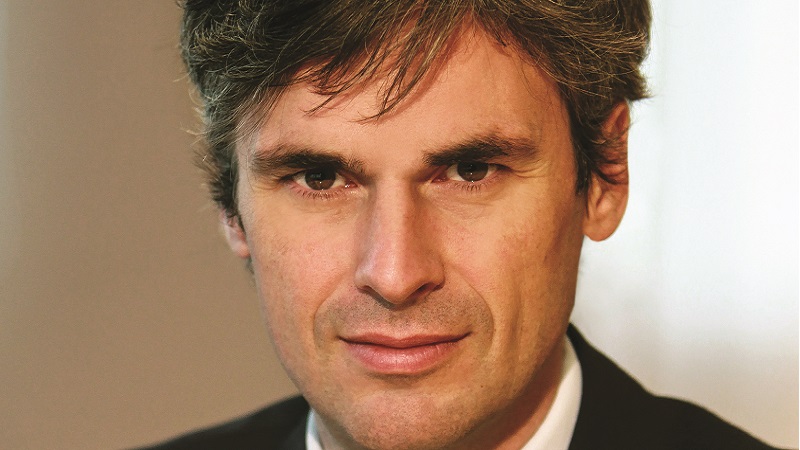M&G Global Macro Bond fund manager Jim Leaviss, was the Platinum winner of the Developed market fixed income category at Portfolio Adviser’s Fund Awards in January.
Leaviss spoke to Portfolio Adviser about some of his biggest opportunities and challenges, as well as the items he’d take if he was stuck on a desert island.
What do you see as the biggest opportunity in your asset class in the year ahead?
My favoured overweights in the fund include hard currency emerging market bonds, where we believe decent relative value can be found based on factors such as an attractive pick-up yields and a low default rate. Our investment activity in the area during Q1 2019 focused on emerging market hard currency government bonds, with purchases that included euro-denominated sovereigns from Romania, Ivory Coast and Egypt. We are also comfortable to hold local currency emerging market exposure on a smaller and selective basis, although we have lowered this exposure after the solid Q1 rally among emerging market assets. We have even taken advantage of the fund’s flexibility to reduce some emerging market local currency exposures to short positions, including the South Africa rand, Brazilian real, Mexican peso, and Russian ruble.
What is the biggest challenge in your asset class in the year ahead?
I think it’s hard to be optimistic about the outlook for global economic growth at the moment, and that does lead me to be cautious about the fund’s positioning. In terms of my key investment themes, for example, I have reduced overall credit risk in the portfolio. When you look at corporate bond spreads, they have come in a lot and leverage has increased. That said, in favour for bond investors, it’s also relevant to note that default rates remain very low.
What is your biggest career regret?
I should have worked abroad when I was younger, and learned a language.
What would you change about the asset management industry as it is?
I think that the significant changes are happening – but the pace of change feels too slow. Almost all of us have strong personal feelings about issues such as gambling, tobacco, climate change and child labour, yet historically the investment industry has behaved as if markets are amoral. The momentum behind ESG strategies is now incredibly strong and it feels like the asset management industry is now taking this very seriously. Issues around employee diversity in our industry are also being addressed – again too slowly, but the idea that investment teams can consist solely of white, straight, public school educated men is not credible, and it’s changing too.
If you were stranded on a desert island, what three items would you want to have with you and why?
Am I supposed to say a Bloomberg terminal? Well apart from that I’d go for a grand piano, and a teach yourself piano book, a stationary bike attached to Zwift, the online training system, so that I’m race-ready when rescued, and a sound system hooked up to Spotify.
What was the last book you read that has influenced your day job?
I liked Bankers & Bolsheviks by Hassan Malik, about the biggest sovereign bond default in history. In hindsight, lending money to a regime that had already publicly declared its intention to renege on its debts doesn’t seem very clever – but this book shows how investors can get lulled into complacency if they aren’t careful.







